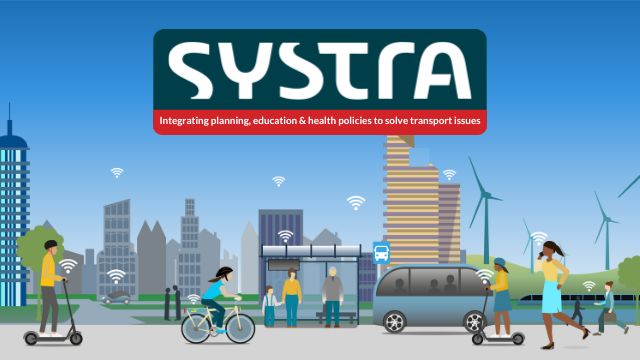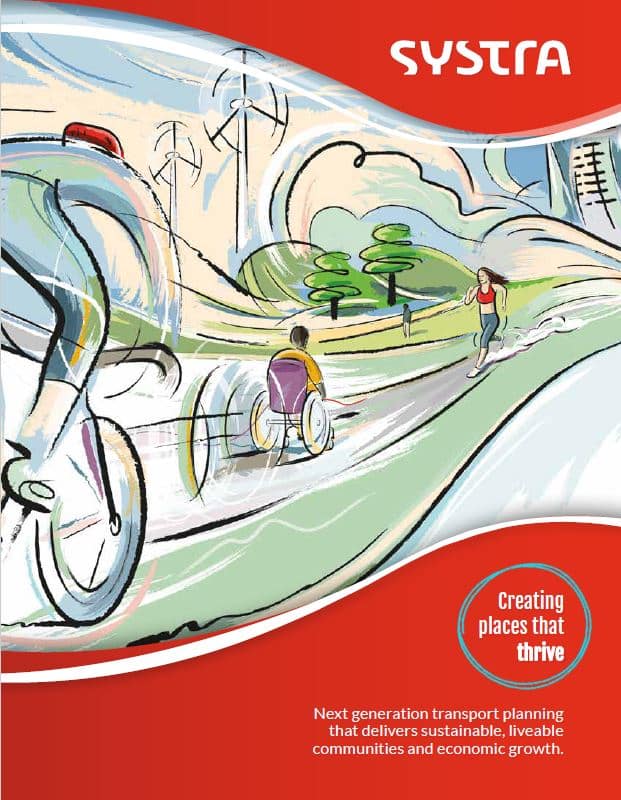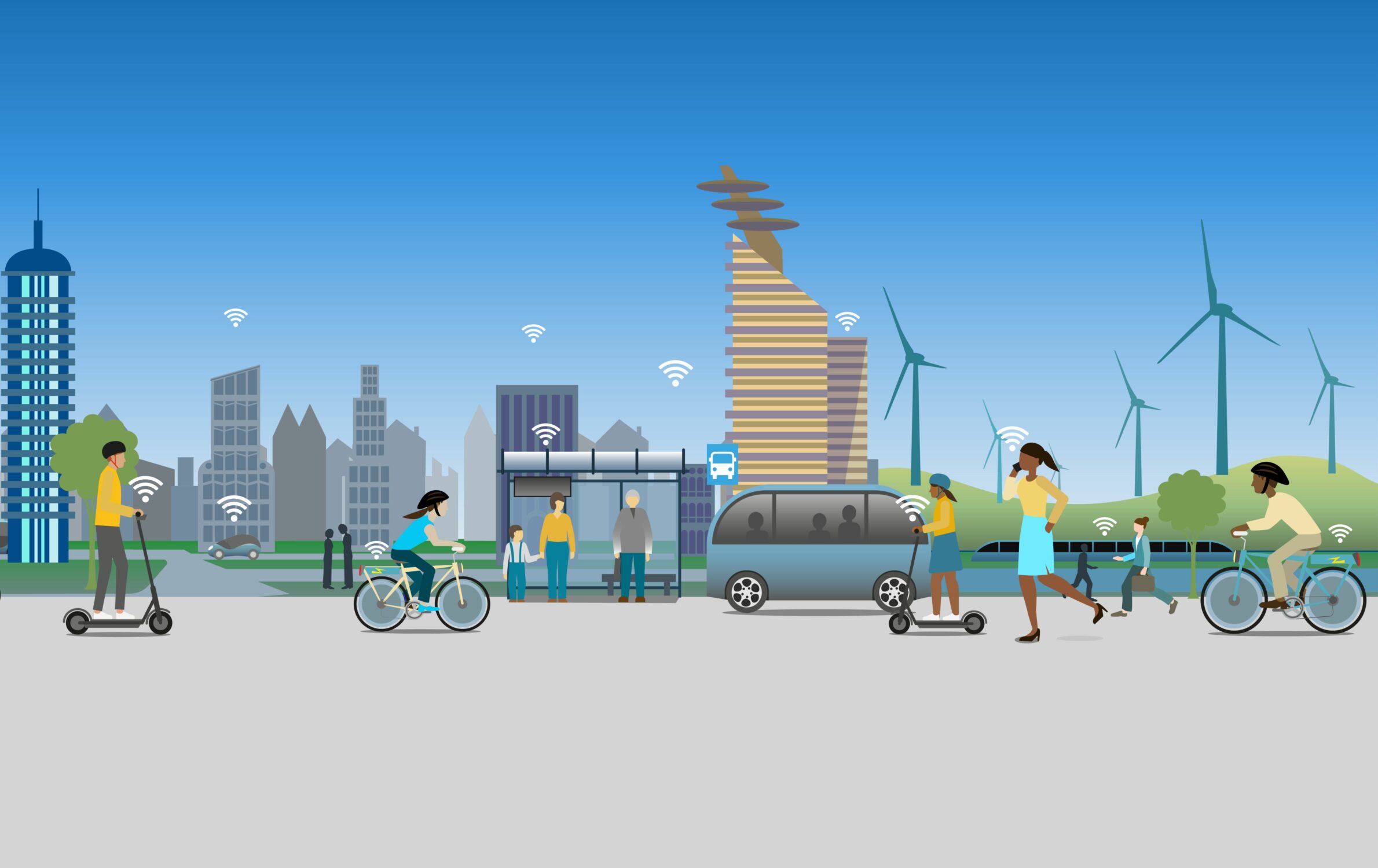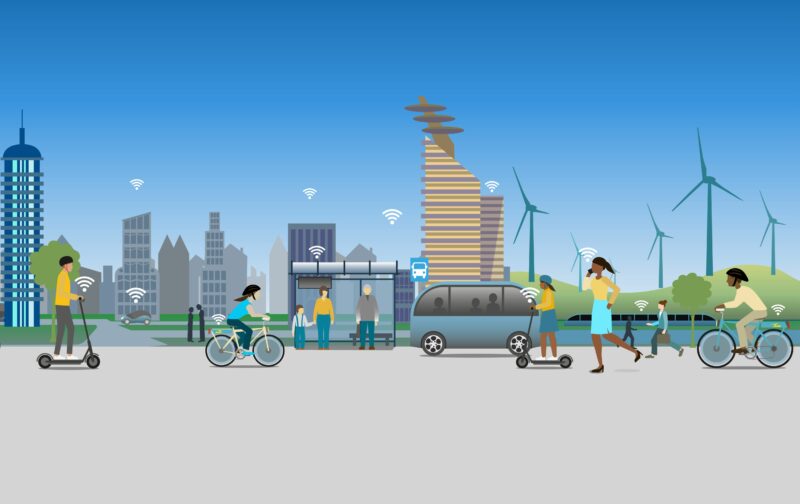In partnership with Landor LINKS Live! SYSTRA is hosting a three-part webinar series looking at the roles of smart data, national pricing and integrating transport and non-transport policy in delivering an integrated transport network. Find out more below to register.
Integrating planning, education & health policies to solve transport issues
Wednesday 19th March, 10.30-12.00

This is the third in a three-part series of webinars looking at the roles of smart data, national pricing and integrating transport and non-transport policy in delivering an integrated transport network.
This webinar will explore what happens when transport policy is shaped by shared visions – easy access for all to health, employment, education, retail and leisure – and the economic realities and non-transport policies that underpin them. It will also look at the integration of planning, education, and health policies to solve transport issues.
Transport is a ‘wider determinant’ of many social policies, for example access to health, education, and employment, but there are several challenges for both policy makers and practitioners in recognising it – and funding it – as such.

Public health policy has, in the past, played a key role in shaping transport policy – improving air quality, road safety and active travel initiatives, for example. But in traditional transport economics, the ‘value of time’ (the opportunity cost of the time that a traveller spends on their journey), and the belief that most people use a car to get around, has prevailed, leading to more road funding. This simple reality underpins our transport modelling, planning and investment decisions, but time savings cannot be the main economic benefit of transport investment, which means that conventional transport economic appraisal is misleading.
When people step outside of their home, are the most efficient, accessible and fair transport options on offer for them?
Chair: Sally McNamara, Director of Social and Market Research, Systra
Speakers
- Sarah Jones, Consultant in environmental public health, Public Health Wales
- Esther Kurland, Director, Urban Design London
- Mark J Nieuwenhuijsen, Director of the Urban Planning, Environment and Health Initiative, ISGlobal
- David Metz, honorary professor, Centre for Transport Studies, University College London
Enhancing transport integration through data-driven analysis
Watch again: Recorded 30th January 2025
How can we utilise data and AI to optimise our transport networks around users’ needs?
The use of smart data, combined with rapidly advancing data analytical platforms, tools and services, could provide the transport sector with highly valuable insights into user behaviour and preferences. It could help operators to better understand passengers and to provide real-time, up-to-date and multimodal information about integrated journeys.
Using smart data and new analytics techniques could improve the provision of public transport, streamline and optimise services, and lead to cost savings through increased efficiency and more effective maintenance processes.
However, this cannot happen in a vacuum. Transport data needs to be used within a robust framework to govern data sharing, common and open standards, the participation of data holders, safety and security and practical delivery mechanisms. Humans negotiate complex data and revenue sharing arrangements, smart platforms simply manage the data.
Chair
Sally McNamara, Director of Social and Market Research at SYSTRA
Speakers
- Eifion Jenkins, Data Science Director at SYSTRA
- Hayden Sutherland, Founder and Chair at Open Transport Initiative
- Tom Van Vuren MBE, Head of Digital Transport at Amey and Visiting Professor at University of Leeds
Providing convenient & simple integrated transport pricing & planning
Watch again: Recorded 27th February
This webinar will explore the development of a nation-wide travel planning and pricing framework that provides convenient and sustainable access to travel for all.
Integrated transport pricing and travel planning refers to a system where different modes of public transportation, like buses, trains, bikes, scooters and trams, are connected through a single ticketing system, allowing users to plan complex journeys across multiple modes while paying a unified price, often with capped fares for maximum value, promoting efficient travel planning and encouraging modal shift away from the private car.
Chair
Sally McNamara, Director of Social and Market Research at SYSTRA
Speakers
- Alastair Sexton-Jones, MaaS Project Manager, Solent Transport
- Stephen Frost, Principal research fellow and head of transport policy, IPPR
- Chris Moseley, Principal Consultant, SYSTRA
- Lucy Whitehead, Global Product Director, Worldline Global
You may also like

- markets
Cities, Towns & Urban Mobility
Read more sur Cities, Towns & Urban Mobility
- services
Transport Strategy
Read more sur Transport Strategy


 Australia
Australia  Brazil
Brazil  Canada
Canada  Chile
Chile  China
China  Columbia
Columbia  Denmark
Denmark  Egypt
Egypt  France
France  India
India  Indonesia
Indonesia  Italy
Italy  Malaysia
Malaysia  New Zealand
New Zealand  Norway
Norway  Panama
Panama  Peru
Peru  Poland
Poland  Portugal
Portugal  Saudi Arabia
Saudi Arabia  Singapore
Singapore  South Korea
South Korea  Spain
Spain  Sweden
Sweden  Taiwan
Taiwan  Thailand
Thailand  Türkiye
Türkiye  United Kingdom
United Kingdom  United States
United States  Vietnam
Vietnam 